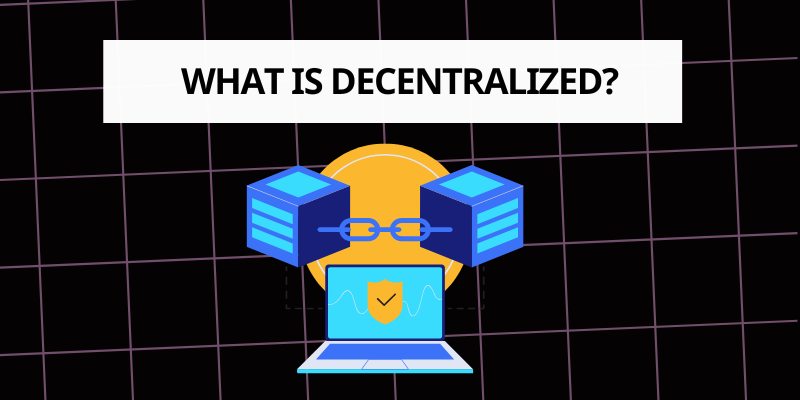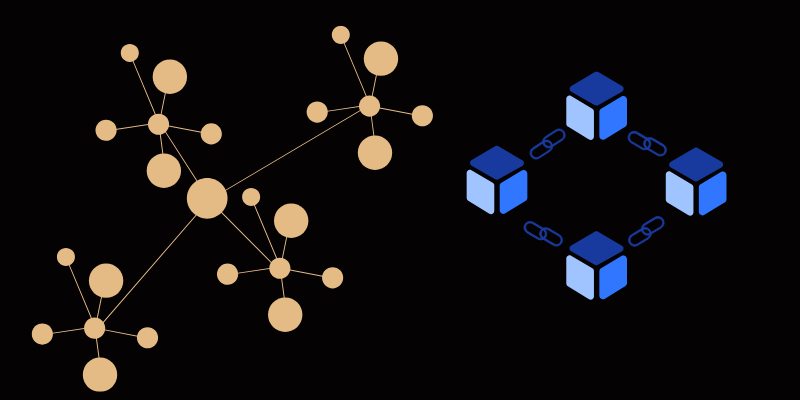What is Decentralized? Exploring the Power of Distributed Systems
Contents
What is Decentralized?
At its essence, “what is decentralized” refers to the dispersal of control, authority, or resources across a network of participants rather than concentrating them in one central hub. Imagine a system where no single person, organization, or server holds all the keys—everyone involved has a stake and a say. This contrasts with centralized systems, such as a traditional bank managing all financial records or a government dictating policies from the top.
In technological terms, “what is decentralized” often points to systems like blockchain, where data is stored and validated by a distributed network of computers rather than a single server. In social or economic contexts, it might mean communities managing their own resources without relying on a central authority. The common thread is the absence of a single point of dominance, replaced by collaboration and shared responsibility.

How Decentralization Works
To understand “what is decentralized” in practice, consider its mechanics. In a decentralized system, participants—whether individuals, nodes, or branches—operate with autonomy but follow agreed-upon rules or protocols. For instance, in Bitcoin’s blockchain, every transaction is verified by multiple nodes using cryptographic algorithms, ensuring trust without a middleman. In a decentralized organization, employees at various levels might have the authority to make decisions, guided by a shared mission rather than top-down commands.
This structure relies heavily on communication and coordination. Without a central overseer, the system’s success depends on the collective effort of its parts, often enabled by technology or clear guidelines.
Applications of Decentralization
So, what is decentralized in the real world? The concept spans diverse fields. In technology, beyond cryptocurrencies, decentralized file-sharing systems like BitTorrent allow users to exchange data directly, bypassing central servers. In business, companies like Zappos have experimented with decentralized management, giving teams autonomy to innovate without micromanagement from executives.
In economics, decentralized markets—think farmer’s cooperatives or peer-to-peer lending platforms—empower individuals to trade or collaborate directly. Even energy grids are becoming decentralized, with solar panels and microgrids enabling households to generate and share power locally rather than depending solely on a utility company.

Why Decentralization Matters
Exploring “what is decentralized” reveals its transformative potential. One major benefit is resilience; because there’s no single point of failure, decentralized systems can withstand disruptions better than centralized ones. A cyberattack on one blockchain node, for example, doesn’t collapse the network. Similarly, a decentralized company can adapt quickly to regional challenges without waiting for headquarters to act.
Decentralization also democratizes power. By distributing control, it reduces the risk of monopolies or authoritarian oversight, giving individuals more agency. In tech, this translates to user-owned data rather than corporate hoarding. In governance, it might mean citizens having a direct say in local policies.
The Flip Side of Decentralization
Yet, what is decentralized isn’t a cure-all. Its distributed nature can slow processes down—blockchain transactions, for instance, require consensus, making them less efficient than centralized databases. In organizations, too much independence can lead to misalignment or duplicated efforts. Additionally, decentralized systems can be harder to regulate, raising concerns about accountability, especially in areas like cryptocurrency where illicit activities sometimes thrive.
The Rise of Decentralized Systems
As we continue to ask “what is decentralized,” its future looks promising yet complex. The push for decentralized technologies like Web3 aims to reshape the internet, prioritizing user sovereignty over corporate control. Decentralized autonomous organizations (DAOs) are emerging, where communities govern themselves via smart contracts. Meanwhile, global challenges like climate change are sparking interest in decentralized solutions, such as distributed renewable energy networks.
In summary, “what is decentralized” is more than a buzzword—it’s a framework for rethinking power and participation. While it comes with trade-offs, its ability to foster resilience, autonomy, and innovation ensures its growing relevance. As we navigate this shift, decentralization invites us to reimagine how we connect, create, and collaborate in an increasingly distributed world.